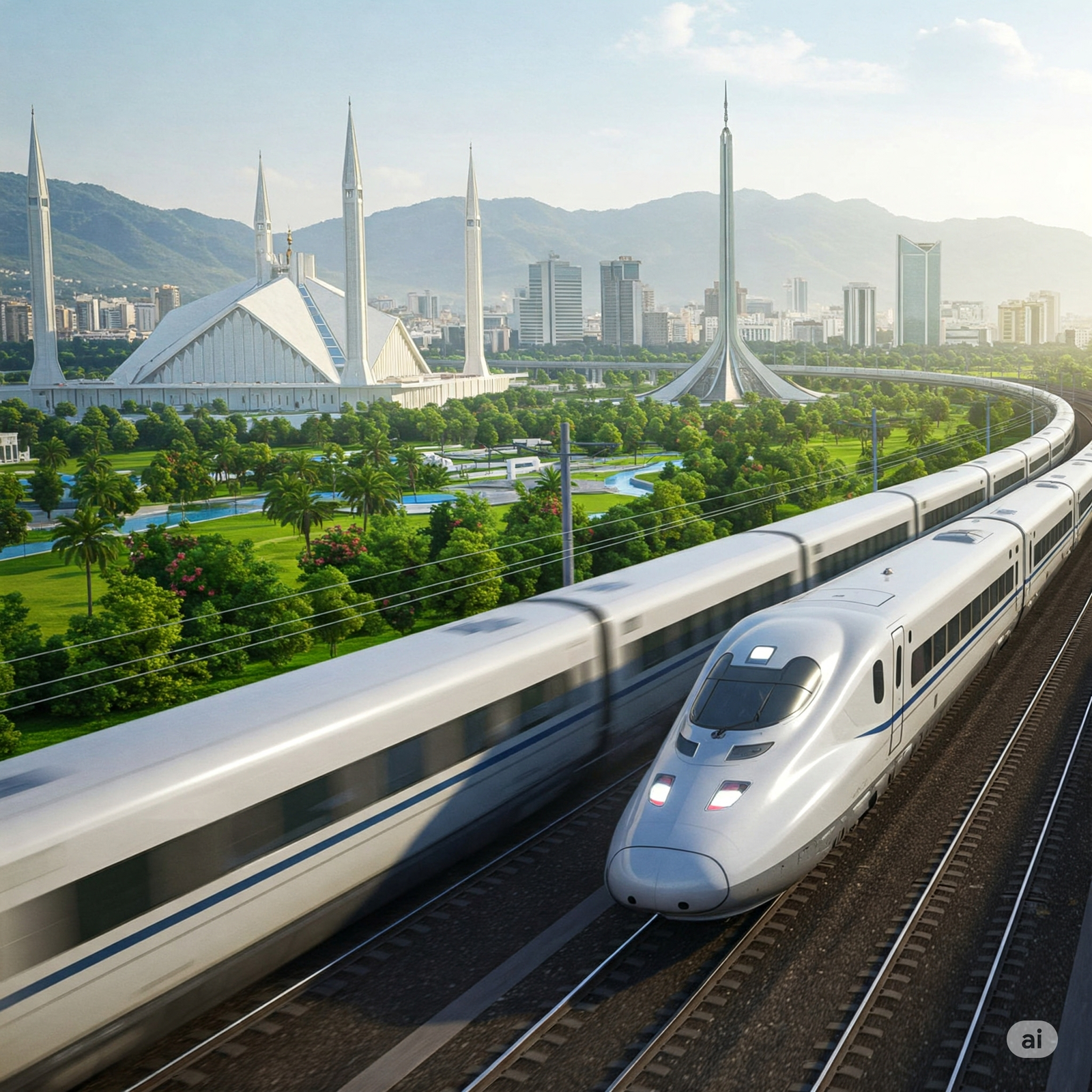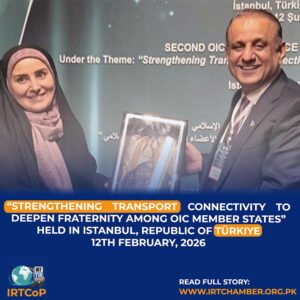In a bold move to modernize Pakistan’s transportation infrastructure, the Punjab government has initiated preliminary steps toward the launch of a high-speed bullet train between Lahore and Rawalpindi. This ambitious project aims to significantly reduce travel time, enhance intercity connectivity, and position Punjab as a regional leader in advanced rail transport.

Formation of a High-Level Working Group
A high-level working group has been officially established to develop the feasibility, scope, and timeline of the proposed bullet train. The announcement follows directives from the provincial leadership to fast-track planning and align key departments for seamless execution.
The working group includes officials from the Punjab Transport Department, advisors to the provincial leadership, and senior executives from Pakistan Railways. Its mandate includes drafting a comprehensive proposal, identifying suitable routes, and exploring future extensions of the bullet train network across Punjab.
Project Scope and Feasibility Planning
At the inaugural meeting, the participants received a detailed briefing on the current state of the rail network and the structural integrity of existing railway tracks. Upgrading Lahore and Rawalpindi railway stations has also been proposed as a parallel priority to accommodate the bullet train’s technical and operational demands.
According to transport engineering estimates, the cost of constructing a high-speed rail line can range from $40 to $50 million per kilometer. Given the approximately 380 km distance between Lahore and Rawalpindi, the total cost is projected to exceed $10 billion. This raises critical questions about financial strategy, international partnerships, and funding mechanisms.
Vision for a Modernized Rail Future
This initiative is part of a larger vision to transform Punjab’s transport infrastructure and align it with global standards. Besides the Lahore-Rawalpindi corridor, the working group has been tasked with identifying additional high-speed rail routes across the province to further promote economic integration, tourism, and regional development.
Expert Analysis and Public Response
While experts commend the strategic direction, they also highlight the importance of transparency, international collaboration, and environmental considerations. Efficient project management, sustainable development, and public-private partnerships are expected to play a vital role in ensuring long-term success.
IRTCoP Commends Strategic Planning
Industry observers have acknowledged the proposal as a transformative step in Pakistan’s transportation landscape. The International Road Transport Chamber of Pakistan (IRTCoP) has welcomed the initiative, viewing it as a progressive stride toward integrated, high-speed mobility that aligns with global transportation trends.



